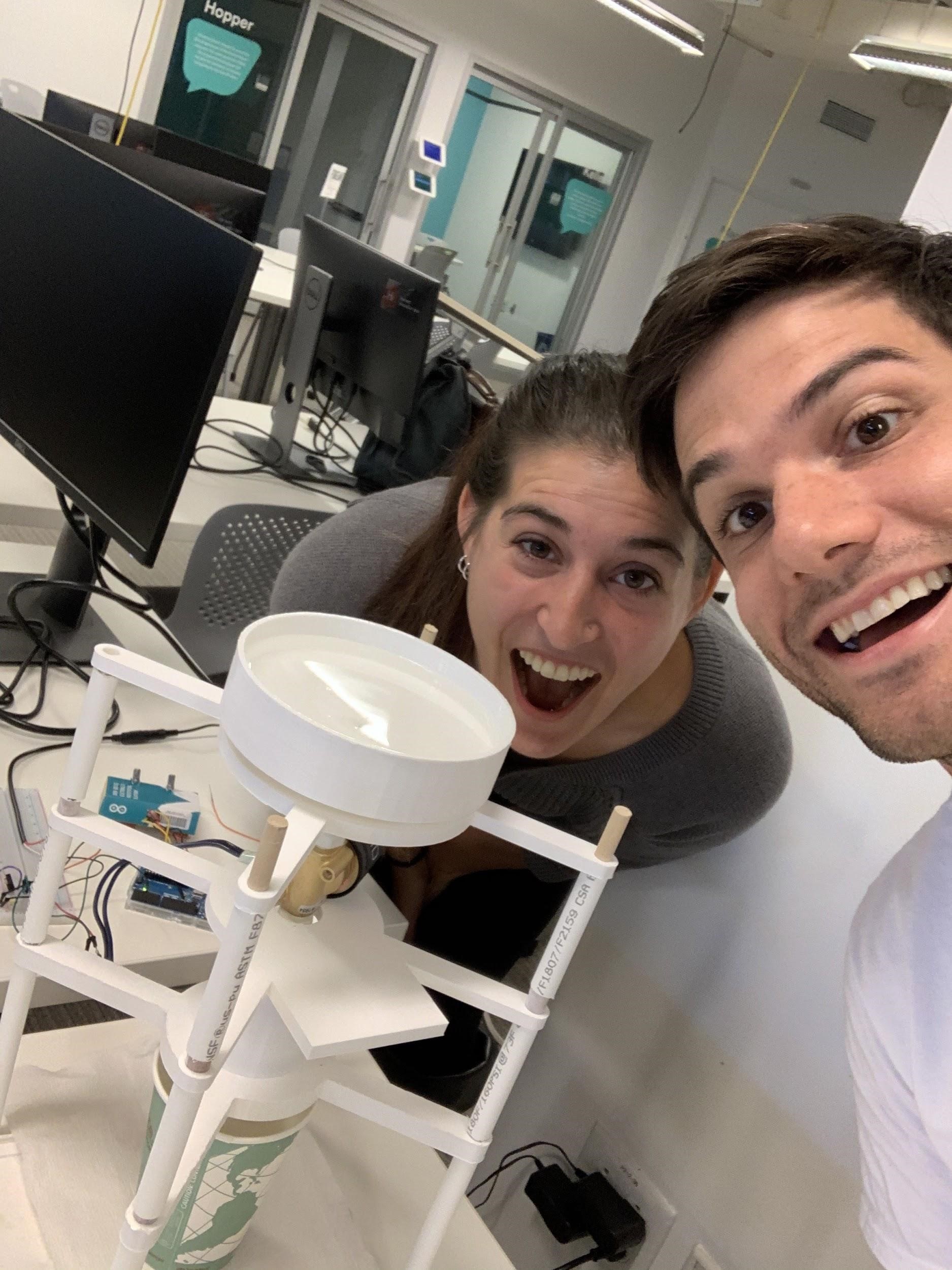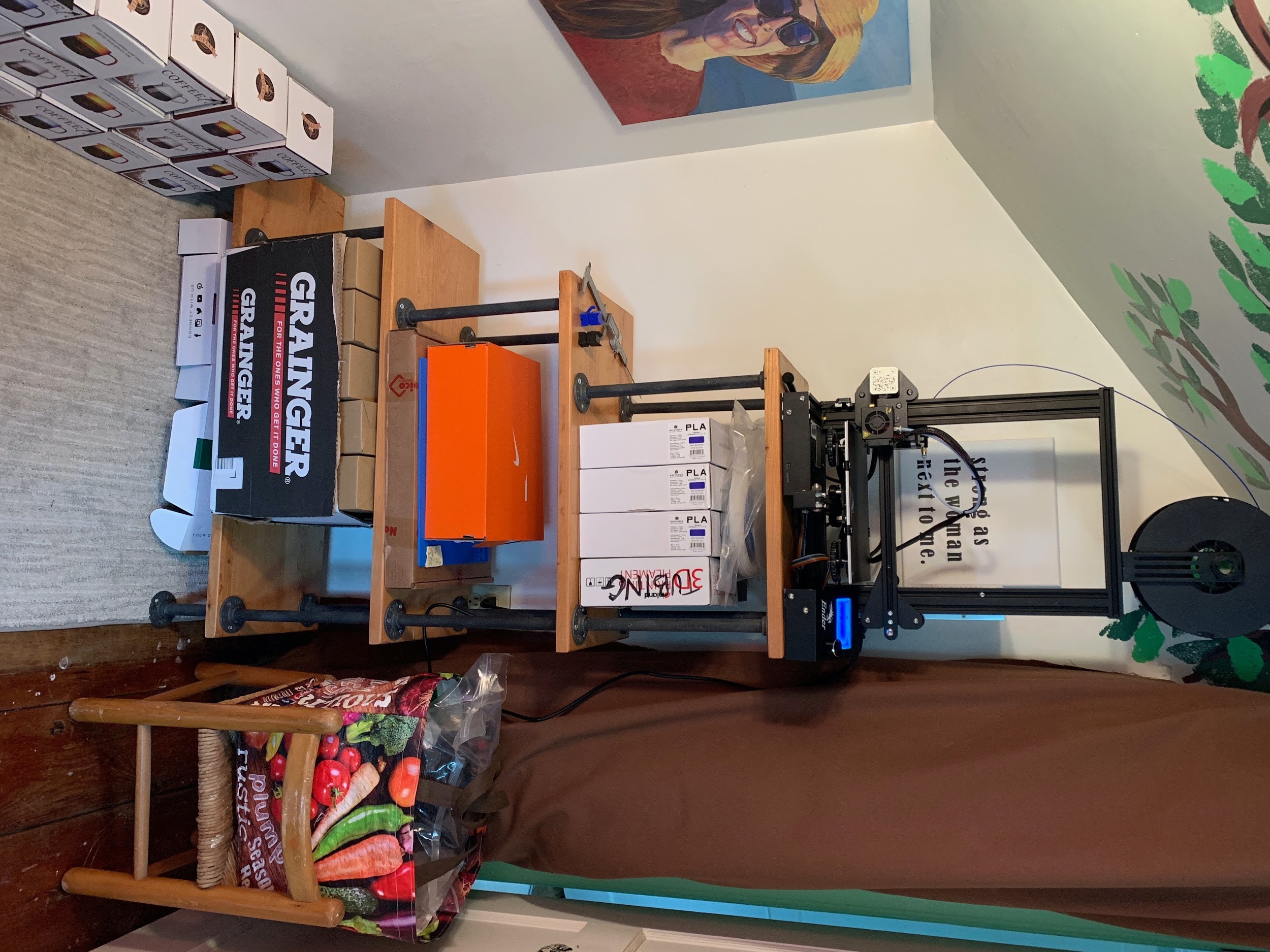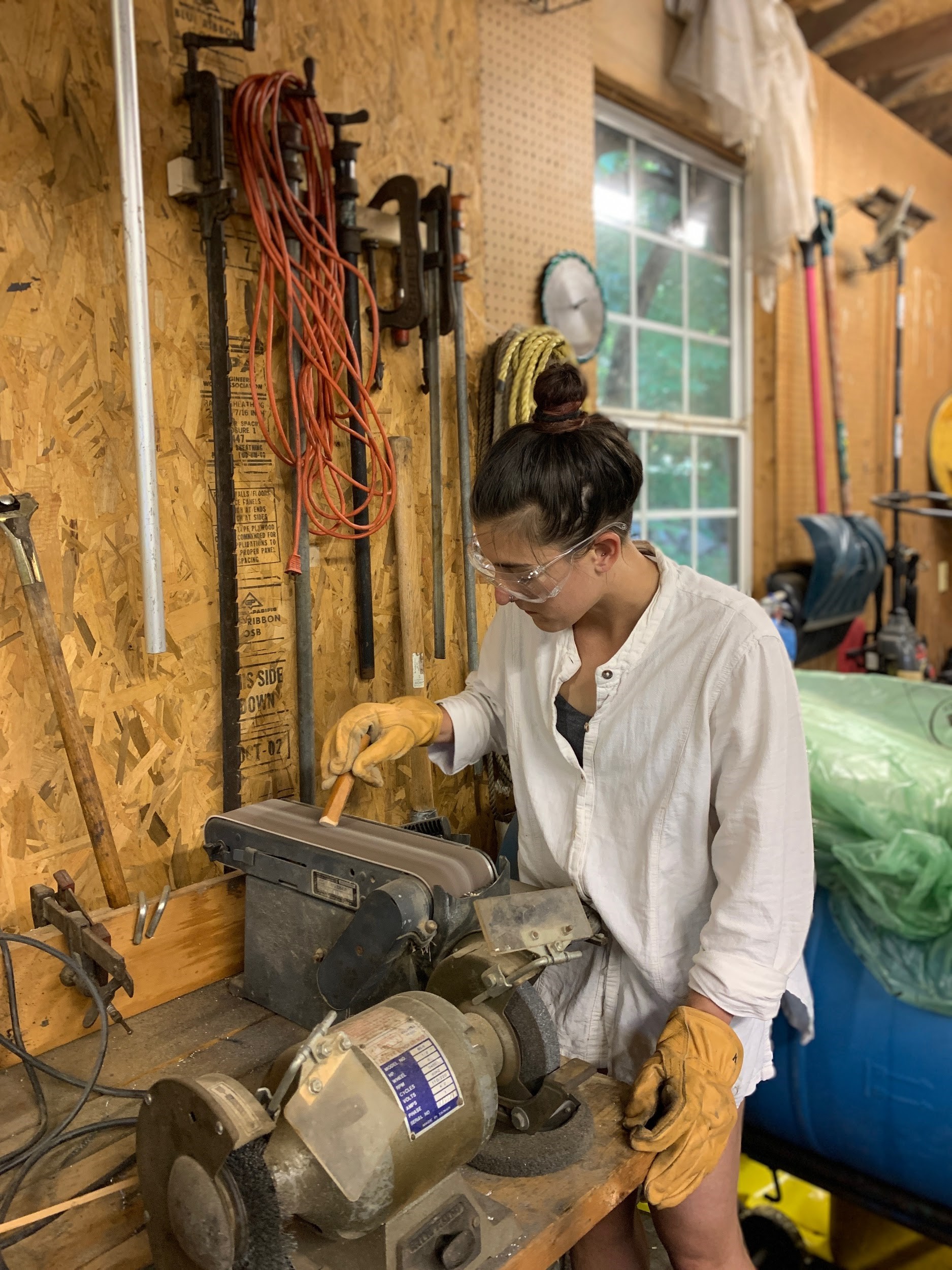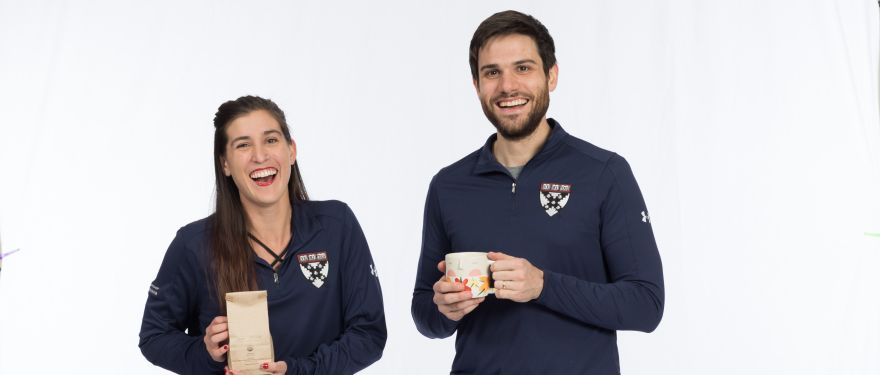Jackson Shuttleworth (HBS MBA 2020) had his first cold drip in a New Orleans coffee shop in February 2019, from which began his journey to obtain a decent cold drip device for the home. After giving up on four different cold drip makers, he’s teamed up with Olivia vonNieda (HBS MBA 2019) – friend, classmate at Harvard, and super engineer – to build a better device.
Neither Olivia nor I planned on using our Harvard MBA to build “kitchen appliances” (in our case, a cold brew coffee maker). An app, maybe. But an actual, physical app-liance (ha ha)? With friends going into private equity or becoming consultants at major firms, it’s wild to think we’re going into hardware – the kind that makes coffee.
But this is where we find ourselves. Olivia and I founded Jova to make a better cold brew device. People go nuts for their fancy coffee contraptions, but even your most premium hipster cold brew is typically brewed in a device no more complicated than a mason jar. We identified another style of cold brewing (cold drip) that more efficiently extracts the coffee solubles and went about redesigning it to better fit in a modern kitchen. We leveraged technology and modern design to improve its functionality and in a way that’s actually pleasant to use. It’s early, but our device hasn’t lost a taste test yet.
This wasn’t exactly the summer we expected though. Entering our last semester at HBS, we were making awesome progress. We were spending most of our free time at the Harvard i-lab where we had access to a dozen 3D printers and a full maker space. We had created our first prototypes, which we were testing with baristas and coffee roasters, and getting great feedback. We were meeting weekly with HBS alumni, legal and accounting firms willing to donate their time, or HBS’s Entrepreneurs-in-Residence, who were helping us with everything from patent filing to supplier selection.

Us at the iLab with our first, marginally
functional prototype.
And then everything shut down. No more 3D printers, no more coffee shops, no more on campus meetings. So we got creative.
We’re working remote now, in different parts of the country. Olivia’s apartment has become a 3D printing factory (we’re up to three 3D printers in her childhood bedroom), running almost 24/7. Our testing has gone virtual, with face-to-face interviews turning into online focus groups. Working through device changes together is a bit more complex now, and capturing feedback on the taste of our coffee is really tricky through Zoom.

One of our many 3D printers, sitting over boxes of
device components in Olivia’s childhood bedroom.
But in many ways, changing our ways of working this summer has been immensely valuable. Like everyone, we’ve spent more time online - for us that meant building our community of followers earlier, which we’ve leveraged to get feedback on our device earlier than expected. Because we’re further apart, we’ve had to think more intentionally about how we’re designing the device and its features, rather than just building because we had the resources of Harvard at our fingertips. Our community of supporters is there and strong as ever, continuing to nudge us along.
In spite of the challenges that the pandemic has raised, progress is showing. We’ve produced our first Alpha units – 3D printed, fully-functional, and in the final design aesthetic – which we’re now distributing to our advisors and friends to collect feedback (if you want in, you can sign up for our Beta at our website). We’ve been picked up in a few major publications, like Gear Patrol. And we’re brewing good coffee. Lots of it. Like, all the time. Seriously, if you’re in Boston and you’re looking for incredible cold brew, please let us know.

Olivia sanding down our device’s wooden handle.
While it might not have been the traditional route, HBS proved the perfect staging ground to try out something like this. HBS provided an opportunity to meet willing co-founders, gave us tools for prototyping and hard dollars to fund our work, and connected us with a laundry list of students, alumni, and professors to help hone our idea. The entrepreneurial community at the Rock Center provided us with the right amount of training wheels, information, and resources. Ultimately, it instilled a confidence within us that we can do this. And now we’re doing it! The pandemic might have forced us to change our approach, but we’ve been able to make real progress (and real cold brew) all the same. It’s been a good summer.

